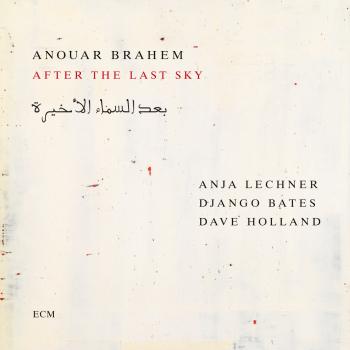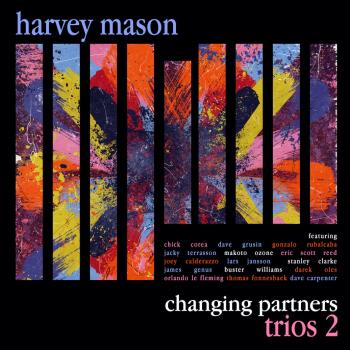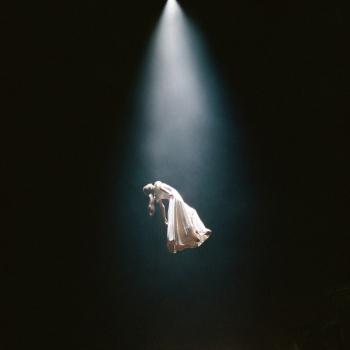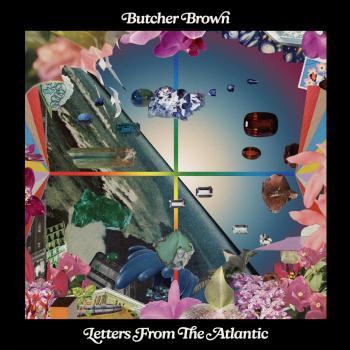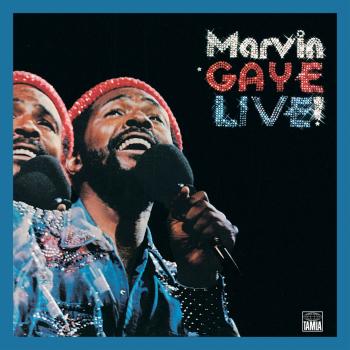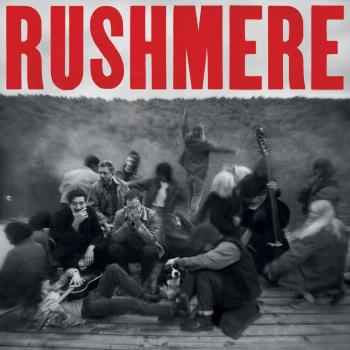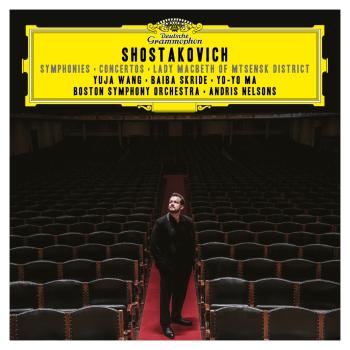
Songs Regina Spektor
Album info
Album-Release:
2024
HRA-Release:
29.11.2024
Album including Album cover
I`m sorry!
Dear HIGHRESAUDIO Visitor,
due to territorial constraints and also different releases dates in each country you currently can`t purchase this album. We are updating our release dates twice a week. So, please feel free to check from time-to-time, if the album is available for your country.
We suggest, that you bookmark the album and use our Short List function.
Thank you for your understanding and patience.
Yours sincerely, HIGHRESAUDIO
- 1 Samson 03:53
- 2 Oedipus 04:53
- 3 Prisoners 03:03
- 4 Reading Time with Pickle 05:33
- 5 Consequence of Sounds 05:11
- 6 Daniel Cowman 04:46
- 7 Bon Idėe 04:12
- 8 Aching to Pupate 02:13
- 9 Lounge 03:33
- 10 Lacrimosa 05:14
- 11 Lulliby 02:29
- 12 Ne Me Quitte Pas 04:37
Info for Songs
Songs is the second album by singer-songwriter Regina Spektor. The album was recorded in its entirety on Christmas Day of 2001; each song was recorded in one take. Copies of the self-released album were sold at Spektor's early live shows. This used to be the only album of hers not available on streaming services, though many of the tracks can be heard on the 2006 compilation album Mary Ann Meets the Gravediggers and Other Short Stories.
Spektor studied classical piano from the age of six, practising on a Petrof piano given to her mother by her grandfather. She was also exposed to the music of rock and roll bands such as The Beatles, Queen, and The Moody Blues by her father, who obtained such recordings in Eastern Europe and traded cassettes with friends in the Soviet Union. The family left the Soviet Union in 1989, when Regina was nine, during the period of Perestroika when Jewish citizens were permitted to emigrate. The seriousness of her piano studies led her parents to consider not leaving Russia, but they finally decided to emigrate, for religious and political reasons.
Travelling first to Austria and then Italy, the family settled in the Bronx, New York, United States where Spektor graduated from a middle school yeshiva. She then attended the Frisch Yeshiva High School in Paramus, New Jersey on a scholarship for two years, but, feeling out of place, eventually transferred to a secular public school, Fair Lawn High School, in Fair Lawn, New Jersey, where she finished the last two years of her high school career.
In New York, Spektor gained a firm grounding in classical music from her piano teacher, Sonia Vargas, a professor at the Manhattan School of Music. Spektor studied with Vargas—whom Spektor's father had met through violinist Samuel Marder, Vargas's husband—until she was 17. Although the family had been unable to bring their piano with them from Russia, Spektor found a piano on which to practice in the basement of her synagogue, also utilizing tabletops and other hard surfaces for this purpose.
Although she had always made up songs around the house, Spektor first became interested in songwriting during a visit to Israel with the Nesiya Institute in her teenage years. Attracting attention from the other children on the trip for the songs she made up while hiking, she realized she had an aptitude for songwriting. Following this trip, she was first exposed to the work of Joni Mitchell, Ani DiFranco, and other singer-songwriters, which gave her the idea that she could create her own songs. She began writing her first a cappella songs around age 16, and wrote her first songs for voice and piano when she was nearly eighteen.
Regina Spektor, vocals, piano
Regina Spektor was born in Moscow on February 18, 1980 before the Soviet Union collapsed. Her mother taught music, while her father was a violist and photographer. Regina began learning to play piano at the age of 6, practicing her skill using a Petrof piano given by her grandfather to her mother. When the Soviet Union ruler Mikhail Gorbachev began his policy of perestroika in 1989, she and her parents immigrated to Bronx, New York City, and started a new life there. "We had to sell the piano because we weren't allowed to bring anything foreign-made out of Russia," she recalled. "It was considered Soviet property. I was so sad."
Lucky for Regina, she got Manhattan School of Music professor, Sonia Vargas, as her teacher. "She ended up being my teacher until I was 17. The Japanese have a proverb: whenever the student is ready, the teacher appears. In a lot of ways, that's how my life has been, there's been this kind of harmony with things - I wrote a few songs, then someone heard me and offered me a show; I decided I was ready to tour and then I went on tour with the Strokes. It makes you live your whole life differently. You can't just sit around, getting angry because you think you're ready. If you were really ready, things would be happening," she said.
On what kind of songs she usually wrote, Regina said, "I try to write songs the way a short story writer writes stories. I always thought, 'Why can't I write a song from the point of view of a man or a criminal or an old woman?' Obviously some of it comes from personal things, but it's so much more fun when a concept or idea pops into my head and then I pull on it and out comes this thing that I never expected."
Regina completed her studies at the Conservatory of Music of Purchase College in 2001. Becoming a favorite among the students at the Purchase musical community, Regina had a chance to team up with jazz bassist Chris Kuffner to record her first collection, "11:11", which was released as an indie record. The next year, she followed it up with another indie studio project called "Songs".
All her hard work was finally paid off as her talent was spotted by executives in Sire Records. Regina was signed to the label to release her third studio album "Soviet Kitsch" in 2004. Two years later, she returned to studio for her fourth set "Begin to Hope". Through the fourth effort, she made Billboard Hot 200 debut at number 20. In 2009, she dropped a new album "Far". It sold more than 50,000 copies in its first week, and peaked at number 3 on Billboard Hot 200. (Source: AceShowbiz.com)
This album contains no booklet.

